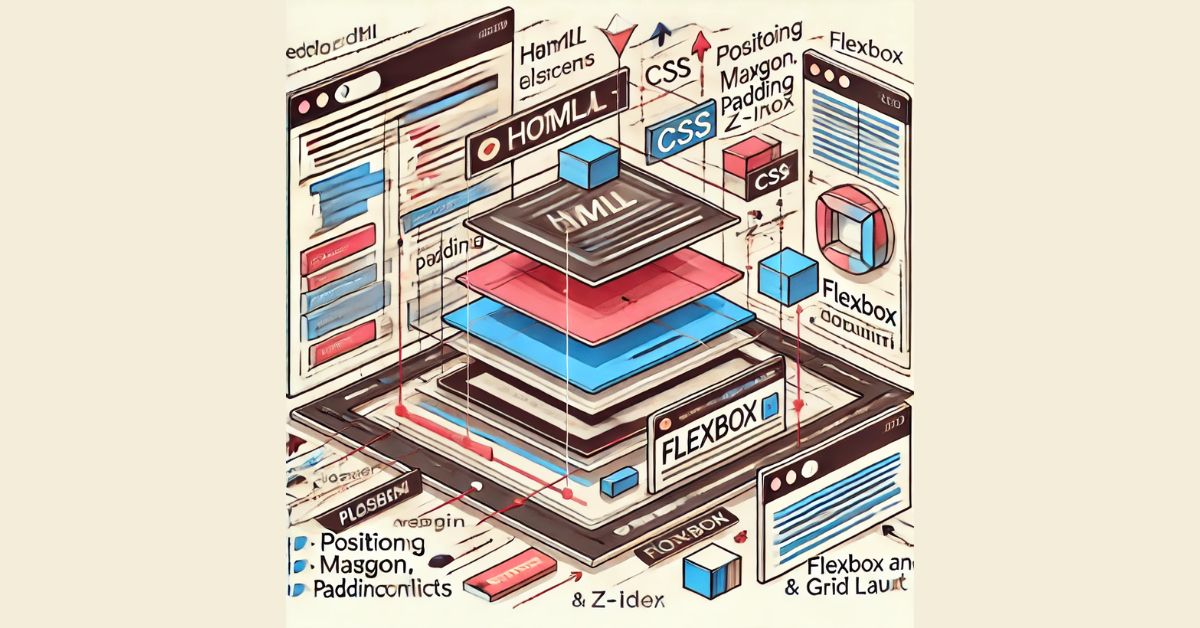As the tech landscape continues to evolve, so do the programming languages that power our digital world. Staying up-to-date with the most popular and versatile languages is essential for developers and tech enthusiasts alike. This article will explore the top programming languages of 2024, highlighting their key features, use cases, and why they are gaining traction.
1. Python
Overview
Python continues to be a dominant force in the programming world. Its simplicity and readability make it an excellent choice for beginners and experienced developers alike.
Key Features
- Ease of Learning: Python’s clear syntax makes it easy to learn and write.
- Versatility: Used in web development, data science, artificial intelligence, and more.
- Extensive Libraries: A vast array of libraries and frameworks like Django, Flask, and TensorFlow support various applications.
Use Cases
- Web Development: Frameworks like Django and Flask.
- Data Science: Libraries such as Pandas and NumPy.
- Machine Learning: TensorFlow and scikit-learn.
2. JavaScript
Overview
JavaScript remains the backbone of web development. Its ability to create dynamic and interactive web pages keeps it at the forefront of front-end development.
Key Features
- Wide Adoption: Ubiquitous in web development, supported by all modern browsers.
- Frameworks and Libraries: Rich ecosystem with tools like React, Angular, and Vue.js.
- Asynchronous Programming: Efficient handling of asynchronous operations with Promises and Async/Await.
Use Cases
- Web Development: Client-side scripting and frameworks like React and Angular.
- Server-side Development: Node.js enables JavaScript for backend development.
- Mobile Development: React Native for cross-platform mobile applications.
3. Java
Overview
Java’s robustness and platform independence make it a reliable choice for enterprise applications and Android development.
Key Features
- Platform Independence: Write once, run anywhere with Java Virtual Machine (JVM).
- Object-Oriented: Promotes modular and reusable code.
- Large Community: Extensive support and a wealth of libraries and frameworks.
Use Cases
- Enterprise Applications: Spring and Hibernate frameworks.
- Android Development: Official language for Android app development.
- Web Applications: Backend development with frameworks like Spring.
4. C#
Overview
Developed by Microsoft, C# is a versatile language primarily used for developing Windows applications and games using the Unity engine.
Key Features
- Integration with .NET: Seamless integration with the .NET ecosystem.
- Object-Oriented: Supports modern object-oriented programming principles.
- Game Development: Preferred language for game development with Unity.
Use Cases
- Windows Applications: Development of desktop applications.
- Game Development: Creating games with Unity.
- Web Applications: ASP.NET for web development.
Read Also: Beginner Programming Projects
5. Go (Golang)
Overview
Go, developed by Google, is known for its simplicity, efficiency, and strong concurrency support. It is increasingly popular for developing scalable and high-performance applications.
Key Features
- Concurrency: Built-in support for concurrent programming.
- Simplicity: Minimalist syntax and easy to learn.
- Performance: Compiled language offering high performance.
Use Cases
- Cloud Services: Ideal for cloud-based applications and microservices.
- Web Servers: Building fast and efficient web servers.
- System Programming: Suitable for system-level programming.
6. Rust
Overview
Rust focuses on safety and performance, making it a favorite for system-level programming and applications where memory safety is critical.
Key Features
- Memory Safety: Guarantees memory safety without a garbage collector.
- Performance: High-performance comparable to C and C++.
- Concurrency: Safe and efficient handling of concurrent programming.
Use Cases
- System Programming: Operating systems and embedded systems.
- WebAssembly: Compiling to WebAssembly for web applications.
- Game Development: Performance-critical game development.
7. Kotlin
Overview
Kotlin, developed by JetBrains, is officially supported by Google for Android development. It is fully interoperable with Java and offers modern language features.
Key Features
- Interoperability: Seamless interoperability with Java.
- Concise Syntax: Reduces boilerplate code with a concise syntax.
- Safety: Null safety features to reduce runtime errors.
Use Cases
- Android Development: Preferred language for modern Android apps.
- Server-Side Development: Building backend services.
- Web Development: Full-stack web development with frameworks like Ktor.
8. TypeScript
Overview
TypeScript, a superset of JavaScript developed by Microsoft, adds static typing to the language, enhancing code quality and maintainability.
Key Features
- Static Typing: Early error detection through static typing.
- Tooling Support: Rich tooling support and integration with modern development environments.
- Compatibility: Fully compatible with JavaScript.
Use Cases
- Large-Scale Applications: Ideal for large codebases.
- Web Development: Enhancing JavaScript with static typing.
- Front-End Development: Used with frameworks like Angular.
9. Swift
Overview
Swift, developed by Apple, is the go-to language for iOS and macOS application development. Its modern features and performance make it a strong choice for Apple platforms.
Key Features
- Performance: High performance with a modern language design.
- Safety: Focus on safety and error prevention.
- Interoperability: Interoperable with Objective-C.
Use Cases
- iOS Development: Primary language for iOS apps.
- macOS Development: Building applications for macOS.
- Cross-Platform Development: Using frameworks like SwiftUI.
10. Ruby
Overview
Ruby is known for its elegant syntax and is widely used for web development through the Ruby on Rails framework.
Key Features
- Elegant Syntax: Readable and expressive syntax.
- Productivity: High developer productivity with Ruby on Rails.
- Community: Strong community support and a wealth of libraries.
Use Cases
- Web Development: Building web applications with Ruby on Rails.
- Prototyping: Rapid prototyping and development.
- Automation: Scripting and automation tasks.
Conclusion
Choosing the right programming language depends on your project requirements, goals, and personal preferences. The languages listed above are among the top contenders in 2024, each offering unique features and benefits. Staying updated with these languages will ensure you remain competitive and versatile in the ever-changing tech landscape.
Related post: Learn Coding for Free










